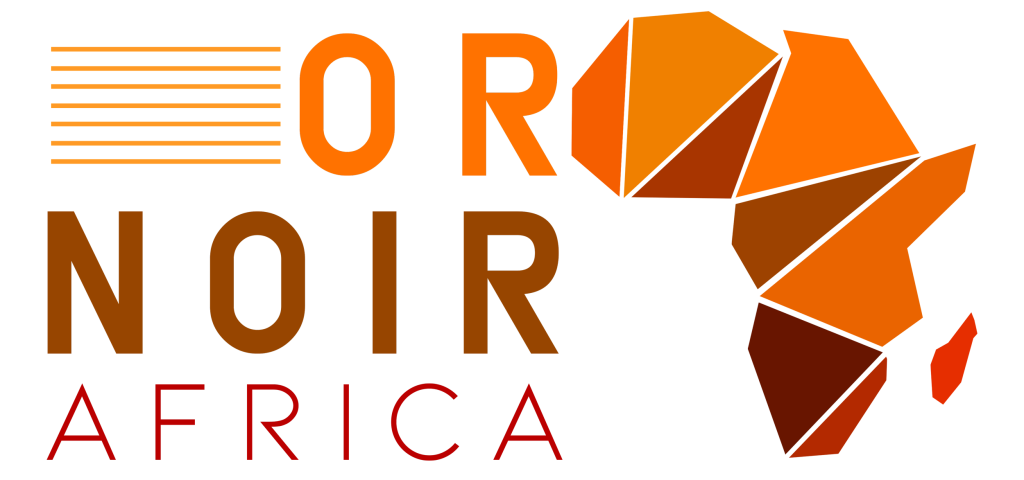Le Sénégal a adopté une loi relative au Contenu local dans le secteur des hydrocarbures -l’urgence, les enjeux du pétrole et la priorité se situent là. Il ne faut pas s’y tromper !
Quelles que soient les conditions d’octroi de permis actuels, les contrats pétroliers sont rédigés en tenant compte du Code pétrolier (Loi 98-05 du 8 janvier 1998, pour les contrats en cours), que l’opposant sénégalais considère trop complaisants pour l’investisseur étranger, car n’y comprenant rien. Il faut reconnaître que dans les domaines minier et pétrolier, il y a un fait avéré dans les pays africains -ils ont tous adopté des politiques attractives en faveur de l’investissement étranger, et cela ne pouvait pas en être autrement, car les investisseurs étrangers injectent énormément de capitaux à risque ; ce que nous ne pouvons pas nous permettre ; en plus d’avoir la technologie et les moyens propres à ce secteur.
Pour les contrats futurs, le nouveau Code pétrolier (Loi n°2019‐03 du 1er février 2019) sera encore plus généreux pour le Sénégal. En effet, rappelons simplement quelques améliorations dans cette nouvelle loi, dans laquelle l’octroi des titres d’hydrocarbures se fait par le principe des appels d’offres, une part minimale de l’Etat (dans le Profit oil) fixée à 40%, selon un facteur de rentabilité R et selon la localisation du gisement dans le cadre de partage de la production, mais aussi une augmentation de la Redevance ad valorem, qui passe d’un minimum de 2% à un minimum de 6%. Une disposition non moindre du nouveau Code minier est la stipulation de l’appartenance des ressources au Peuple, qui jadis appartenaient à l’Etat -ceci conférant de nouveaux droits de recours, mais aussi un renforcement des droits des populations. Il faut également noter que les coûts pétroliers (cost oil) sont plafonnés de 55 à 70%, suivant la localisation des gisements. Cependant, ce coût, généralement déterminé par l’investisseur, devrait d’avantage être soumis à un contrôle mutuel des parties, car le partage de production ne s’opère qu’après déduction de ces derniers.
Ce nouveau code inclut également des dispositions plus élaborées sur le Contenu local/Local content, qui permettront de mieux tirer profit de nos ressources pétrolières et gazières dont la phase d’exploitation est prévue en 2023 -et un dialogue à l’échelle nationale permettra d’approfondir ce Contenu local avec toutes les couches de la population.
Et dans notre cheminement à la phase de production, c’est de cette opportunité qu’il convient de discuter et de parfaire pour notre future émergence.
Mais qu’est-ce que le Contenu local ?
C’est un ensemble de dispositions prises dans le cadre d’une loi appliquée dans le secteur des hydrocarbures, afin de promouvoir une croissance inclusive qui profite à l’économie nationale et surtout aux populations. L’Association des producteurs de pétrole africains-Appa (dans laquelle le Sénégal devrait d’ailleurs adhérer) le définit comme «…l’utilisation du tissu industriel local et des compétences locales dans la réalisation des activités économiques dans les secteurs des hydrocarbures, des mines, de l’industrie forestière, des Btp, des services, etc.». Le Brésil, par exemple, est à 70% de Contenu local. En Afrique, il est le plus bas au monde et l’Appa s’est fixé l’objectif d’atteindre 50% de Contenu local à l’horizon 2030 ; ce qui correspond à l’objectif décliné par son Excellence le Président Macky Sall, afin de bénéficier convenablement des retombées de l’exploitation des ressources pétrolières et gazières.
Au Sénégal, la loi sur le Contenu local veut favoriser la participation du secteur privé national aux opérations pétrolières, ainsi qu’à tous les contrats de construction, d’approvisionnement, de prestation de services portant sur les opérations pétrolières. Elle rend également obligatoire le transfert de compétences et les autorités ont déjà pris les devants en mettant en place l’Institut de pétrole et gaz qui permettra de mieux outiller le Sénégal en ressources humaines spécialisées dans le domaine pétrolier.
Certains experts pensent même que les sociétés étrangères devraient laisser des parts d’actions aux entreprises locales pour une meilleure intégration, au profit de toutes les parties, car ces sociétés bénéficieraient de plus de protection politique, voire juridique.
Cependant, les politiques de Contenu local sont souvent difficiles à mettre sur pied, parce que, selon les experts, les industries extractives, notamment des hydrocarbures, sont technologiquement complexes ; et les ressources disponibles localement peuvent avoir du mal à s’adapter à la demande des compagnies internationales de production pétrolière.
Et c’est sur ces questions que la classe politique et toutes les couches de la société devraient se pencher. La loi sur le Contenu local prévoit un Comité national de suivi du Contenu local (Cnscl) en son article 5, afin que des experts sénégalais, ayant des compétences solides dans les disciplines concernées, puissent la matérialiser. Nous appelons toute la classe politique, la Société civile, à rejoindre l’Etat et les différentes instances chargées de gérer la nouvelle donne, qui est la ressource pétrolière, pour l’intérêt du pays.
Aujourd’hui, nous devons aller de l’avant, se concentrer sur le Contenu local dans le cadre de nos ressources pétrolières et gazières. Tous les «manquements» soulevés aujourd’hui peuvent être palliés à l’avenir dans le cadre du nouveau Code pétrolier et la loi sur le Contenu local.
Cheikh Oumar DIENG
Ingénieur Géologue
Analyste au Melcc


